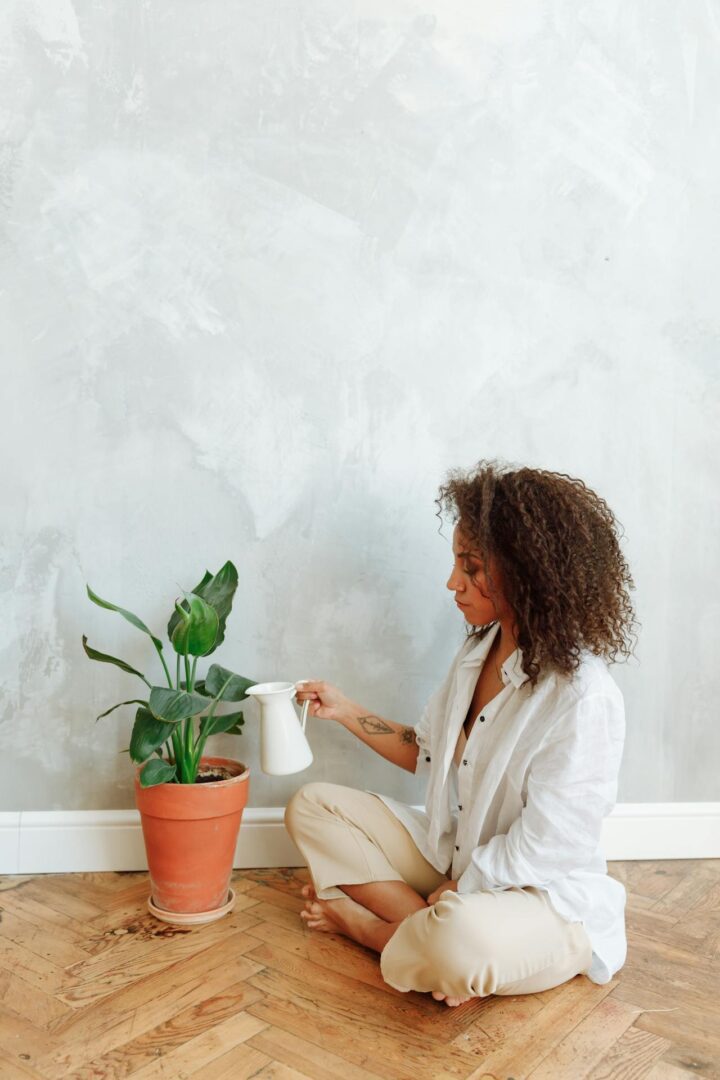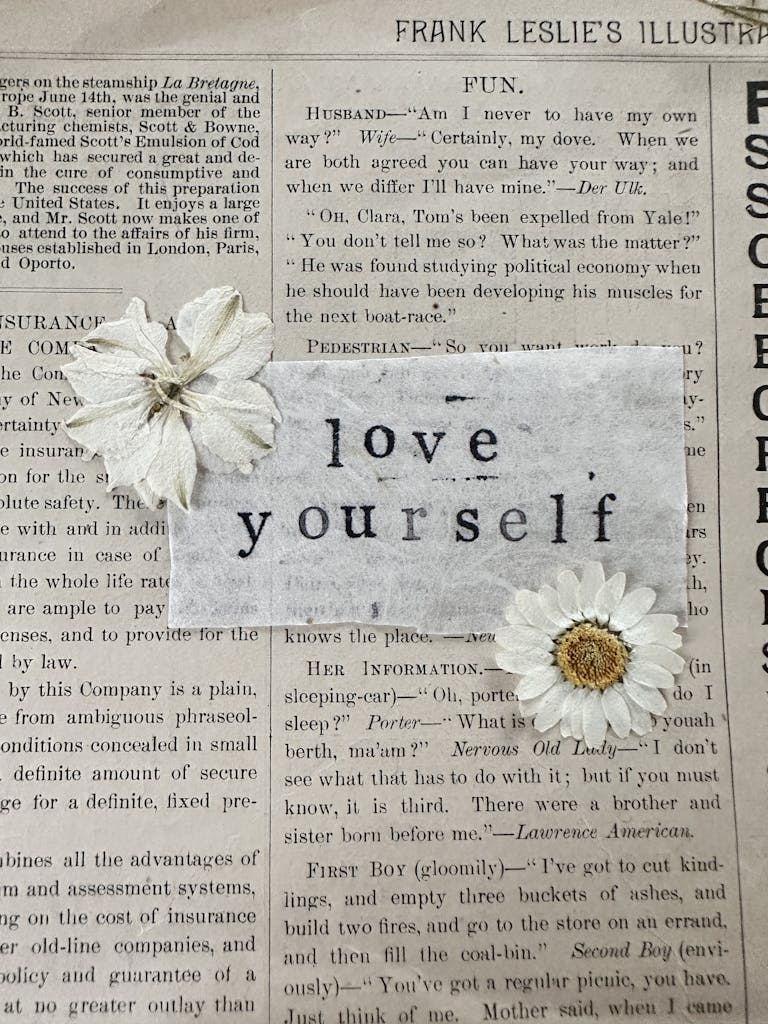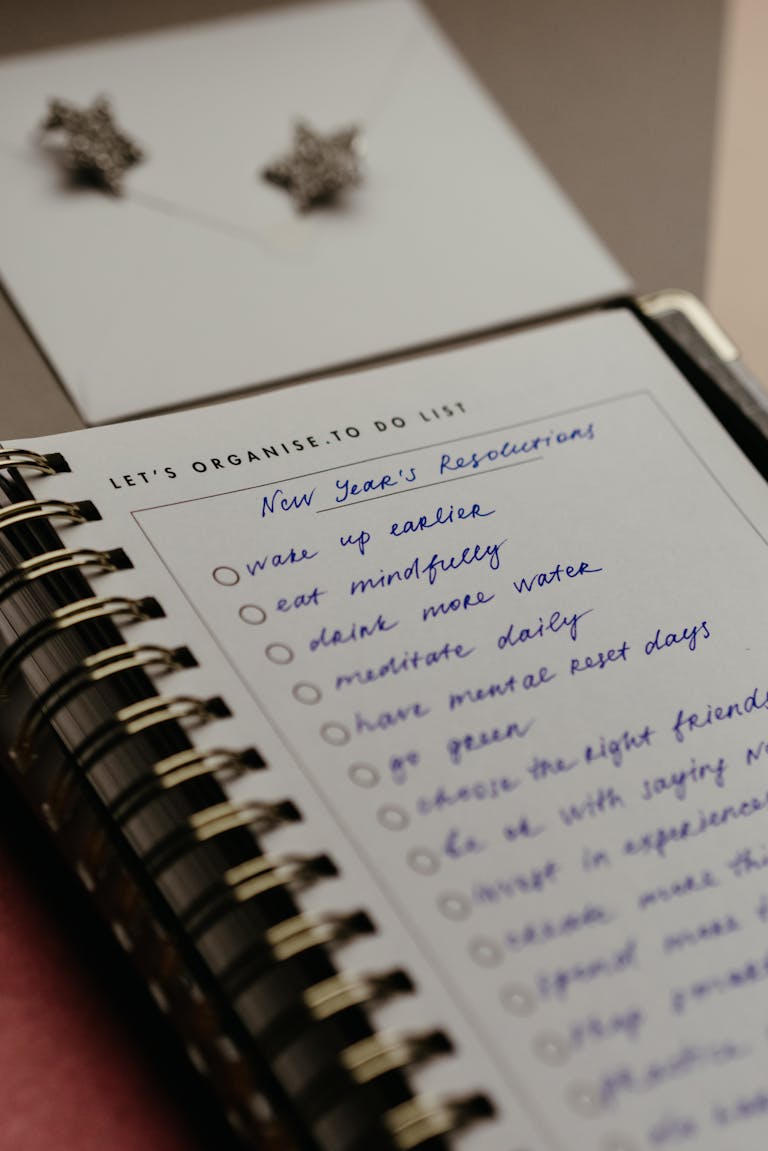The Power of Small, Daily Self-Care Habits
When life gets busy, self-care is often the first thing we push aside. We tell ourselves we’ll focus on it later, after we’ve finished the to-do list, managed the house, or taken care of everyone else. But here’s the thing: Self-care isn’t a luxury—it’s a necessity. And it doesn’t have to be overwhelming or time-consuming. In fact, small, daily self-care habits can be the key to restoring balance and feeling more energized, grounded, and fulfilled.
Let’s explore why small self-care practices matter and how you can integrate them into your life starting today.

Why Small Habits Make a Big Difference
Big, sweeping changes often feel out of reach, especially when you’re juggling the demands of work, family, and life in general. That’s where small, consistent habits come in. They’re manageable, don’t require a major time commitment, and over time, they add up to a significant impact.
Think of it this way: It’s the little things we do every day—like drinking enough water, stretching in the morning, or taking a few moments to breathe—that build our resilience and energy over time. By focusing on bite-sized self-care activities, you can nurture your well-being without feeling overwhelmed or guilty about taking time for yourself.
Simple, Daily Self-Care Habits to Try Today
Here are five small but powerful self-care habits that you can incorporate into your daily routine:
1. Start Your Day with Intention
Before you dive into the demands of the day, take just five minutes in the morning to set an intention. This can be as simple as deciding how you want to feel throughout the day—calm, focused, or energized. By setting an intention, you’re grounding yourself and giving your day a sense of purpose.
How to Do It:
Take a few deep breaths and mentally or physically write down your intention for the day. For example, “Today, I will prioritize my well-being,” or “I will move through the day with patience and grace.
How the Suggested Habit Helps:
Starting your day with a simple intention aligns your thoughts and gives you a clear focus for the day. It helps you approach tasks with purpose, reducing the mental clutter that can arise from feeling pulled in too many directions.
2. Hydrate First Thing
It sounds basic, but hydration is often overlooked as a self-care practice. Drinking a glass of water in the morning not only rehydrates your body after hours of sleep but also signals a fresh start. Proper hydration has a direct impact on your energy levels, focus, and overall mood.
How to Do It:
Place a glass of water by your bed or in the kitchen so it’s the first thing you reach for after waking up. You can even add a slice of lemon for an extra boost.
How the Suggested Habit Helps:
Staying hydrated first thing in the morning is a simple yet powerful way to re-energize. Likewise, taking a midday movement break gets your blood flowing and clears mental fog, giving you the energy boost you need to get through the day.
3. Practice 5 Minutes of Mindful Breathing
Mindful breathing is one of the easiest ways to reduce stress and refocus your mind. Just a few minutes of mindful breathing can lower your heart rate, ease tension, and help you feel more centered throughout the day.
How to Do It:
Set a timer for five minutes and focus on your breath. Inhale deeply for a count of four, hold for four, and exhale for four. Repeat this pattern and let your mind calm down with each breath.
How the Suggested Habit Helps:
Practicing five minutes of mindful breathing helps lower stress hormones and brings you back to the present moment. Similarly, ending your day with a gratitude practice shifts your focus from stressors to positive moments, helping you sleep better and feel more at peace.
4. Take a Midday Movement Break
Our bodies need movement to stay healthy, but it doesn’t have to be a full workout session. Taking a short break to stretch or move, especially during a busy day, can help refresh both your body and mind. Movement increases circulation, releases tension, and boosts your energy.
How to Do It:
Every couple of hours, take a moment to stand up, stretch, or take a quick walk around your space. Even just 5-10 minutes can make a big difference.
How the Suggested Habit Helps:
Incorporating movement throughout the day combats physical and mental fatigue. Movement boosts circulation and helps clear the mind, allowing you to return to your tasks with renewed energy. By integrating small moments of movement, you’ll enhance your overall well-being, maintain productivity, and feel more grounded during busy days. Additionally, this simple habit promotes a deeper connection with your body, encouraging you to listen to its needs rather than pushing through exhaustion.
5. End Your Day with Gratitude
Before going to bed, take a few minutes to reflect on the positives from your day. Practicing gratitude helps shift your focus from what’s wrong or stressful to what’s going well, allowing you to end the day on a peaceful, positive note.
How to Do It: Keep a small journal by your bed and jot down three things you’re grateful for each night. They don’t have to be big—maybe it’s a nice conversation you had or a moment of quiet in your day.
How the Suggested Habit Helps:
A daily gratitude practice helps ground you in the present and focus on the positive aspects of your life. It’s a powerful tool for cultivating emotional resilience, as it reminds you of the good things—no matter how small—that bring peace and joy.
Benefits of Small Self-Care Habits for Midlife Women
For women in midlife, small self-care habits are especially important. This phase of life often brings a lot of changes—physical, emotional, and practical. Hormonal shifts, aging, career transitions, and changing family dynamics (like empty nesting or caring for aging parents) can leave you feeling stretched thin. Implementing these small habits is not only doable but also essential for maintaining balance.
Let’s break down why these self-care practices matter:
1. Energy Boost
Why It’s Important:
As your body undergoes hormonal changes during midlife, energy levels often fluctuate. You may feel fatigued or struggle with low energy during the day, making it harder to stay productive or present.
2. Stress Relief
Why It’s Important:
Midlife often comes with increased stress from juggling work, personal commitments, health concerns, and family responsibilities. Chronic stress can take a toll on both your mental and physical health, leading to burnout or emotional exhaustion.
3. Mental Clarity
Why It’s Important:
With so many competing priorities—career transitions, caregiving, and personal changes—your mind may often feel cluttered or scattered. Mental clarity becomes harder to achieve as the emotional and logistical load of midlife increases.
4. Emotional Balance
Why It’s Important:
Midlife is often a time of reflection and transition. Feelings of uncertainty, loss, or frustration are common as you navigate personal growth and changing roles. Keeping your emotions balanced is crucial for maintaining a sense of well-being and fulfillment.
5. Sustainability
Why It’s Important:
The key to long-lasting self-care is sustainability. Midlife women are often balancing so many roles that large, time-consuming self-care practices may feel impossible to maintain. Small, actionable habits are much more achievable and can be easily sustained over time.
How Small Habits Can Transform Your Day
Each of these suggested habits—whether it’s mindful breathing, gratitude, movement, or hydration—takes only a few minutes a day. By starting small, you build consistency without overwhelming yourself. This approach makes it much easier to stick with these practices and reap the long-term benefits.
By integrating these small self-care habits into your daily routine, you’re giving yourself the gift of consistency. For women in midlife, who often juggle multiple responsibilities and face constant demands on their time, these habits help build a foundation of well-being that lasts. It’s not about finding hours of free time—it’s about making the most of the moments you already have.
Remember, self-care doesn’t need to be complicated or overwhelming. It’s about taking small, manageable steps that nurture your mind, body, and spirit. Over time, these little actions build up, creating a stronger, more resilient version of you.



